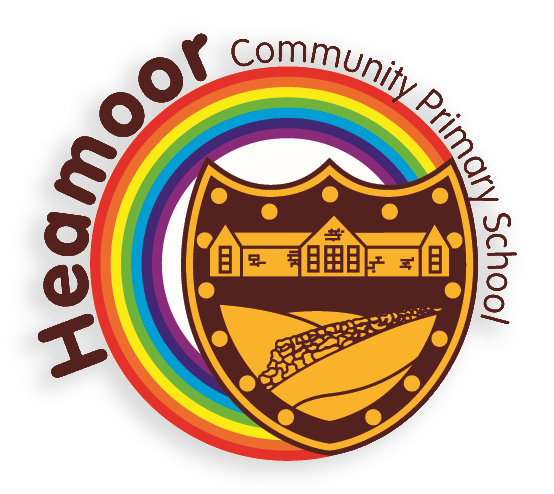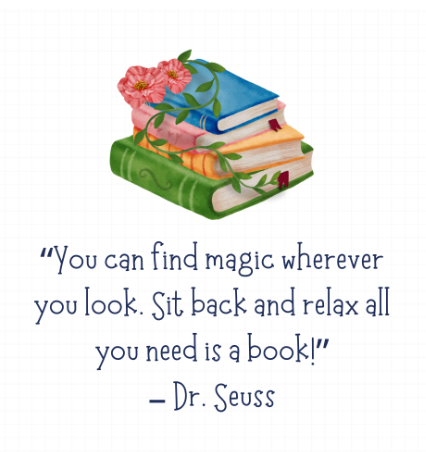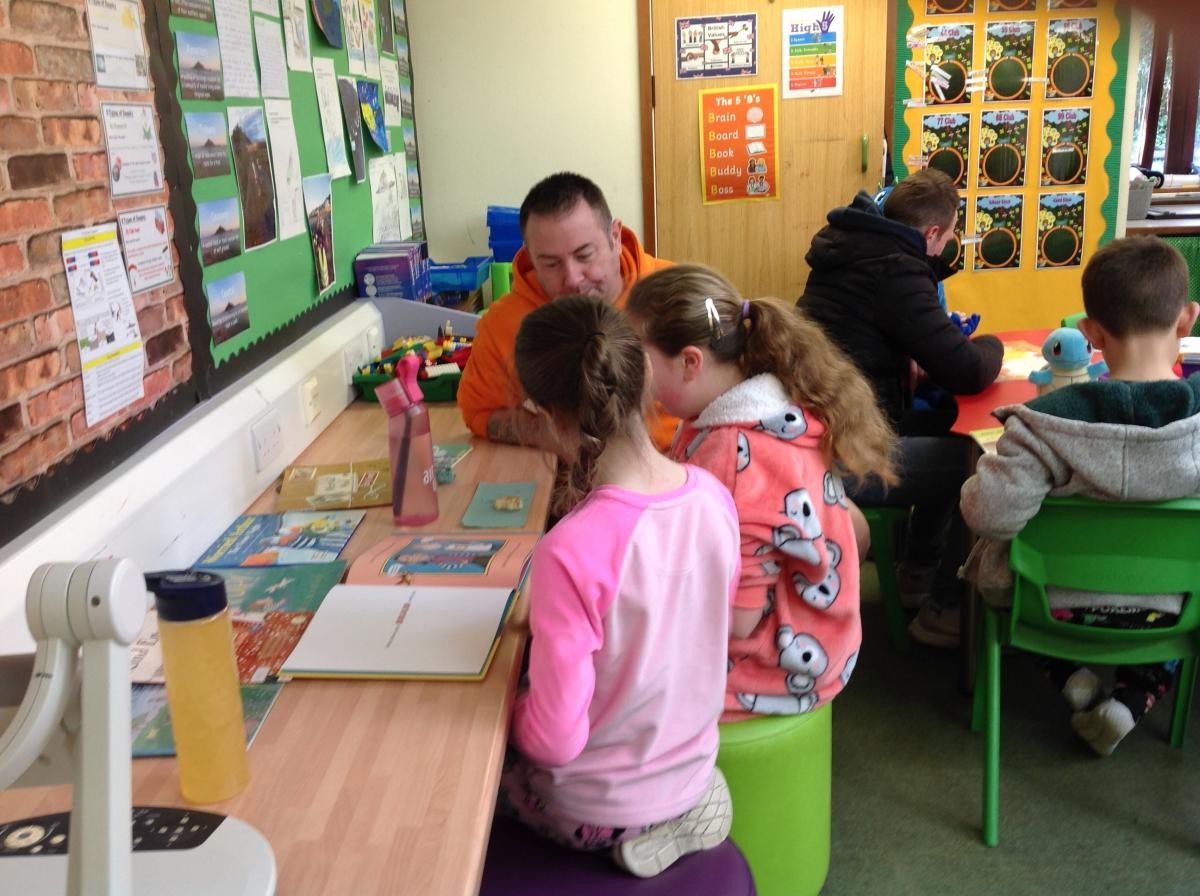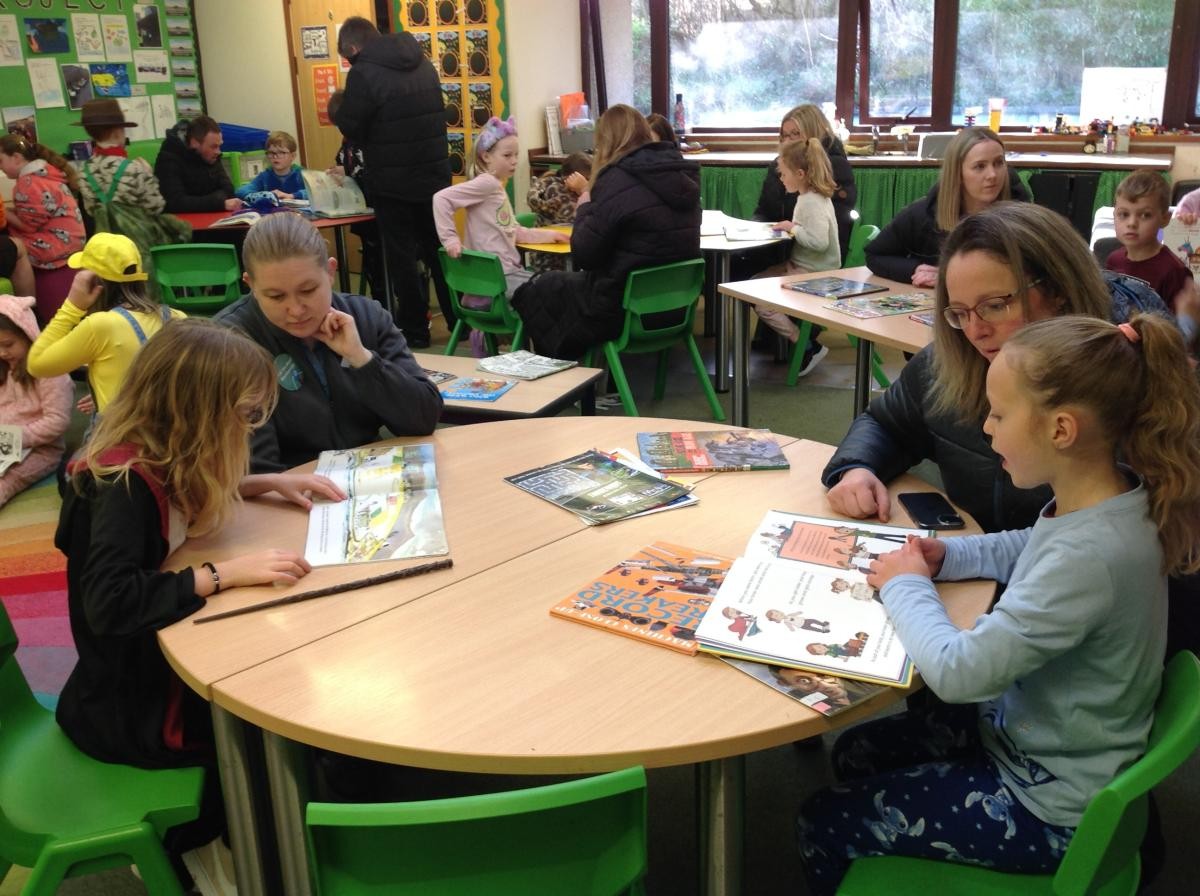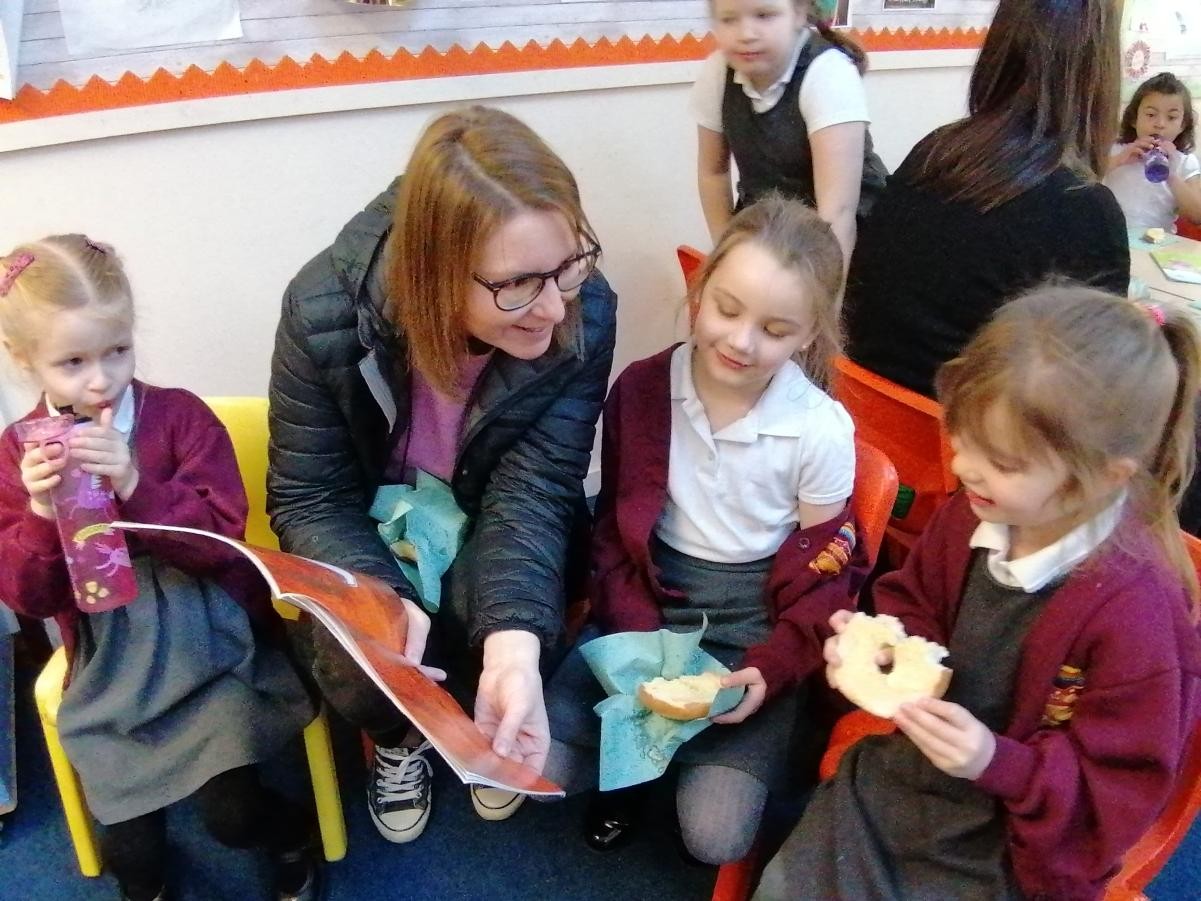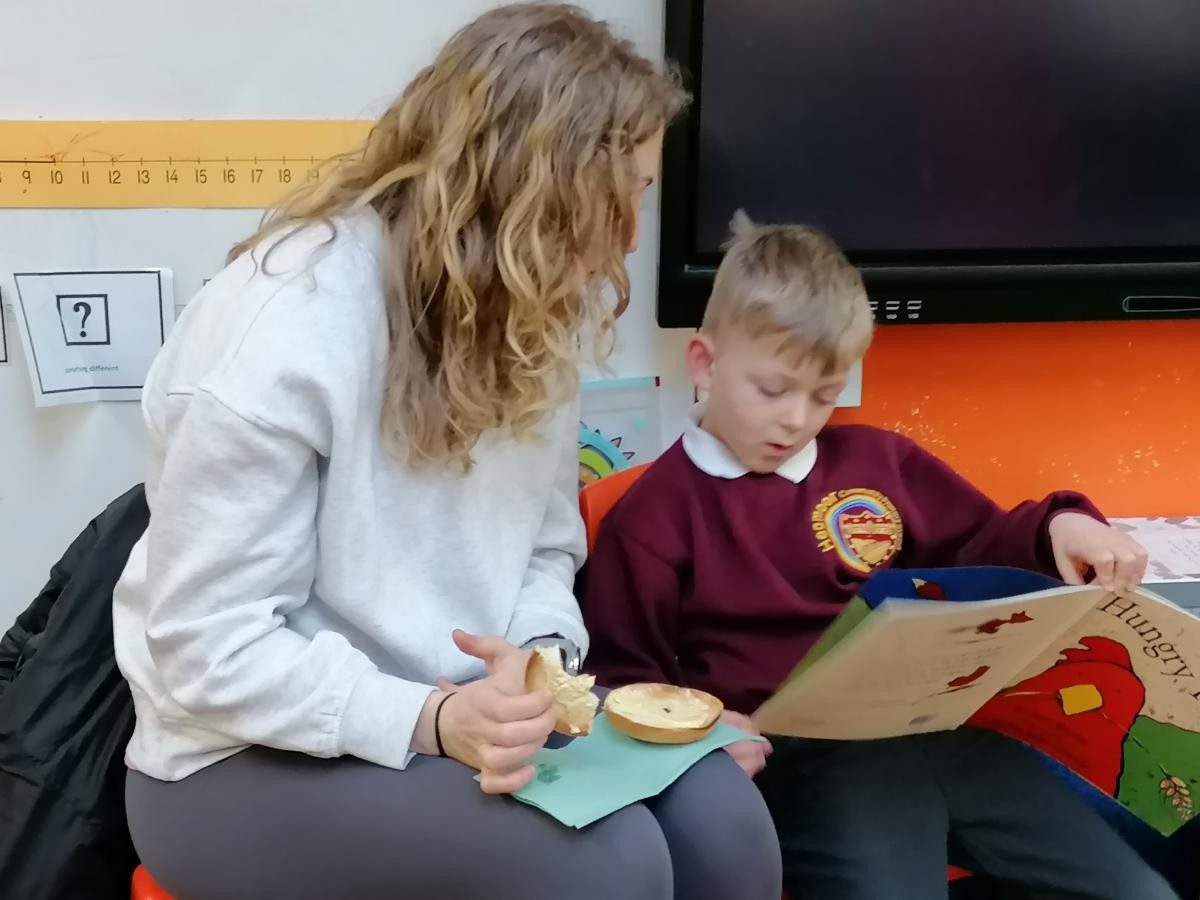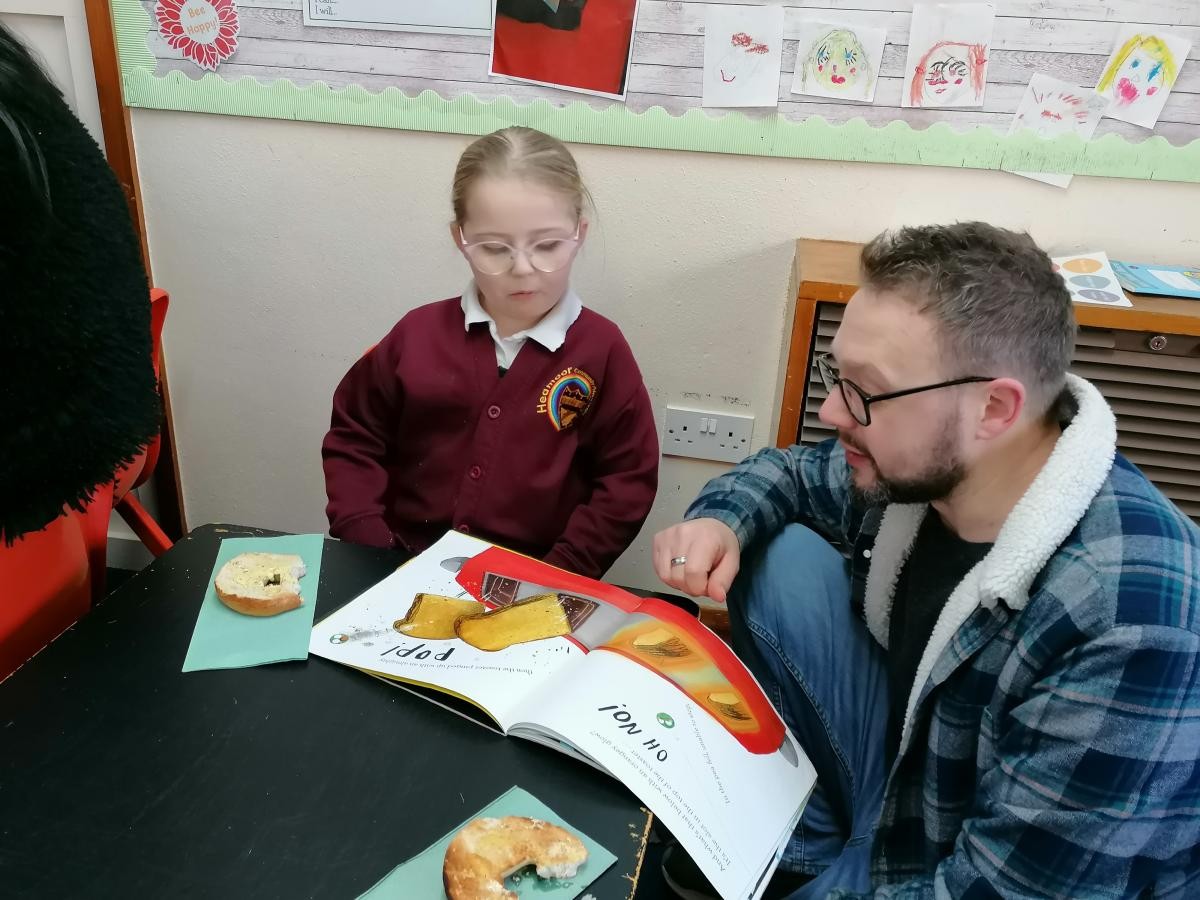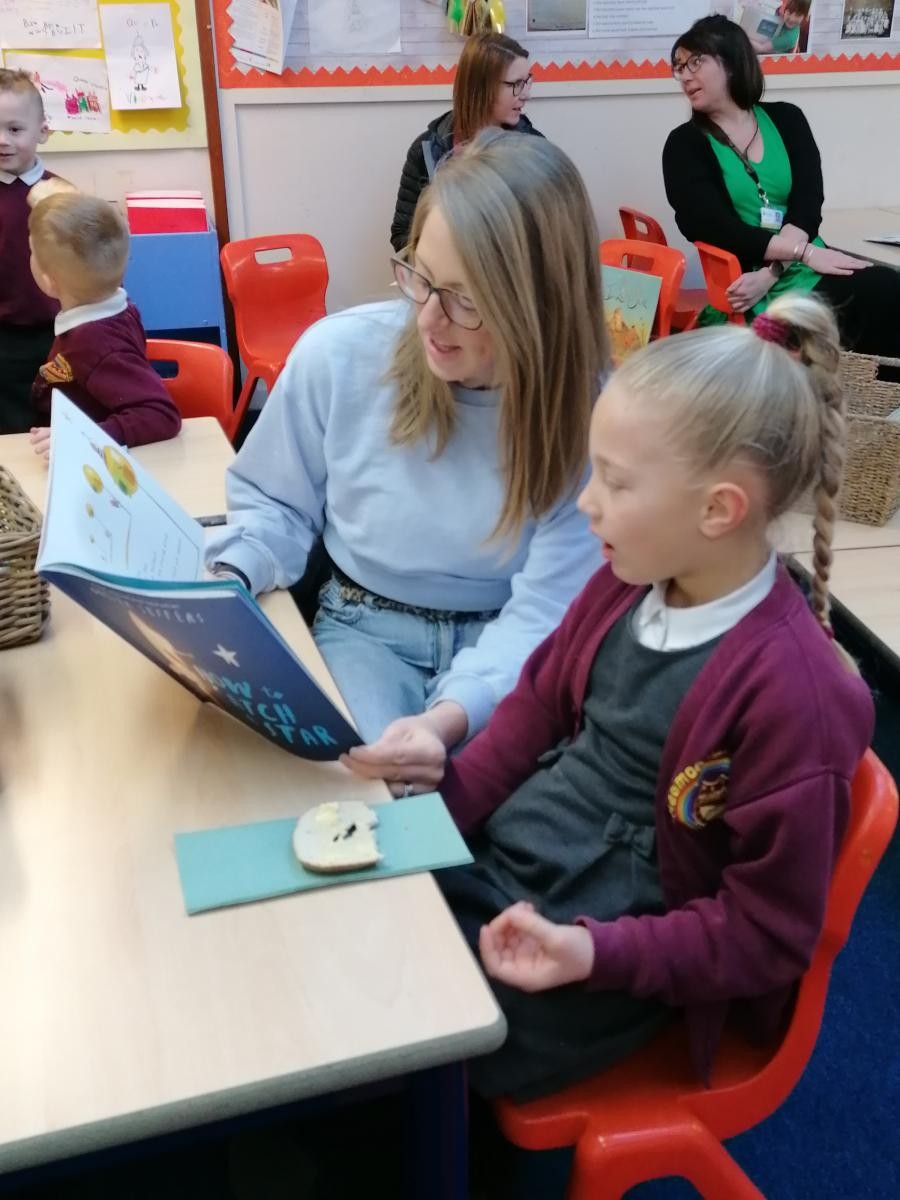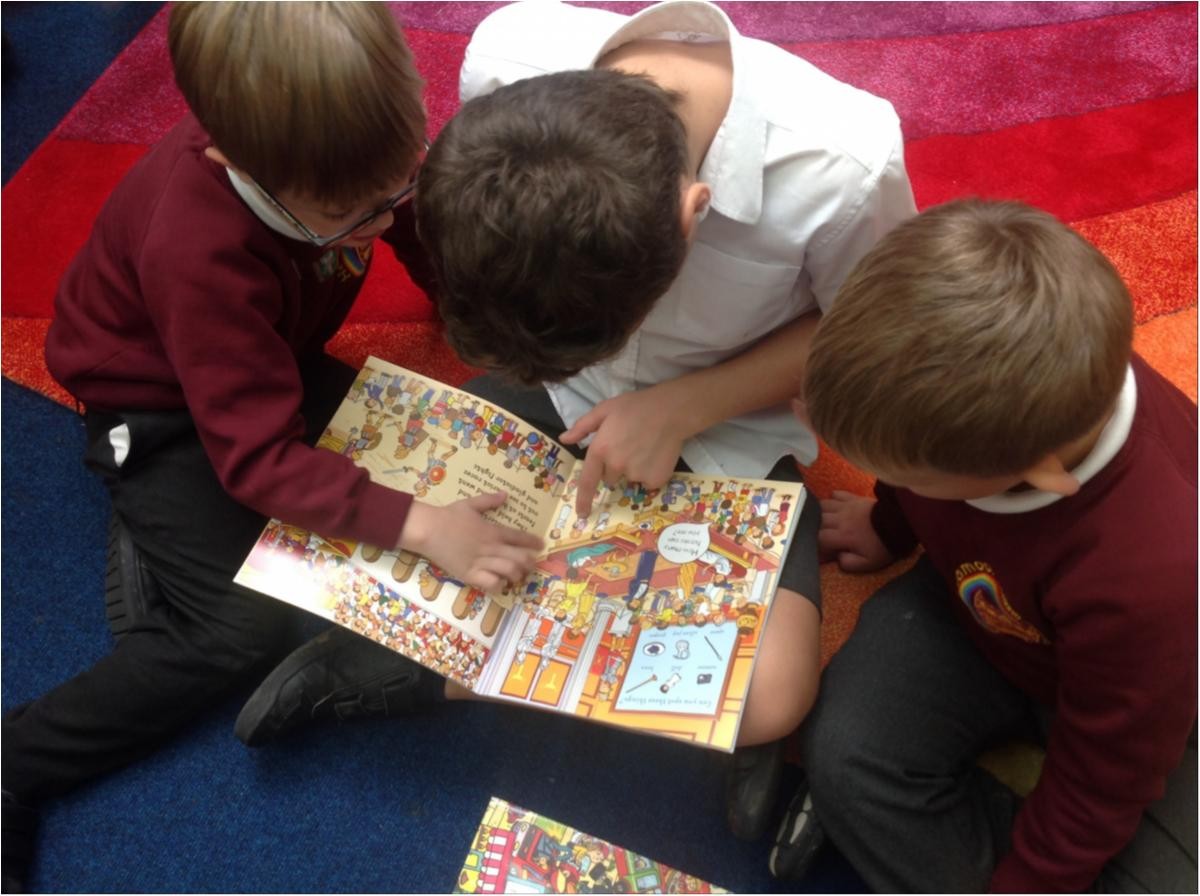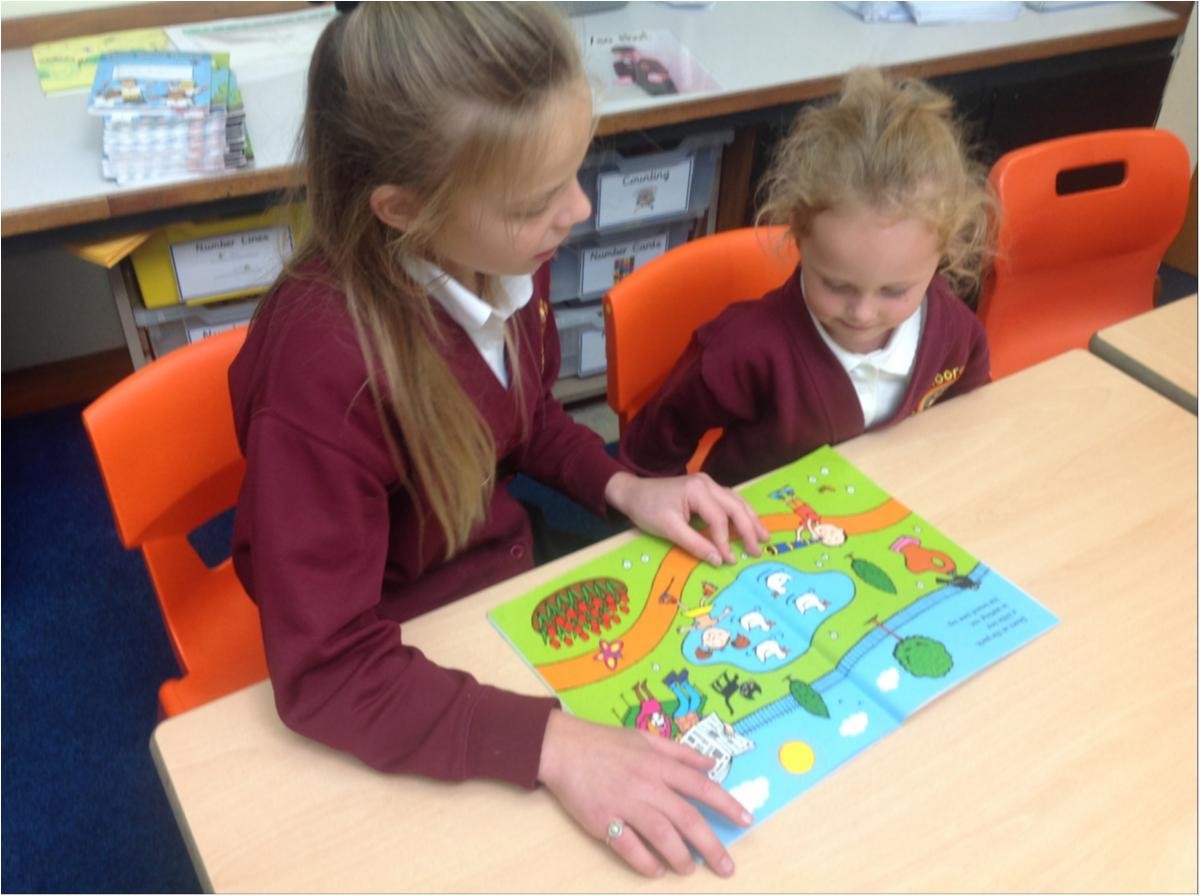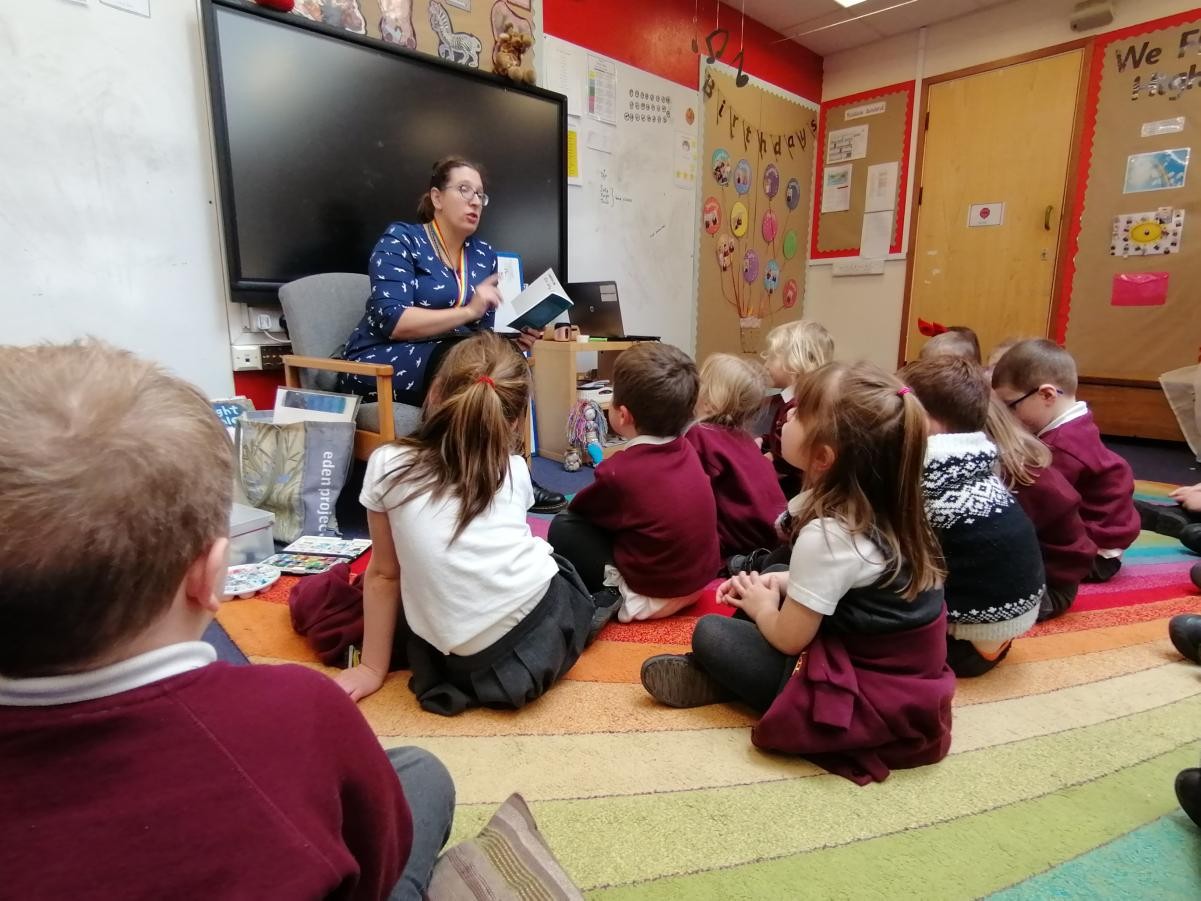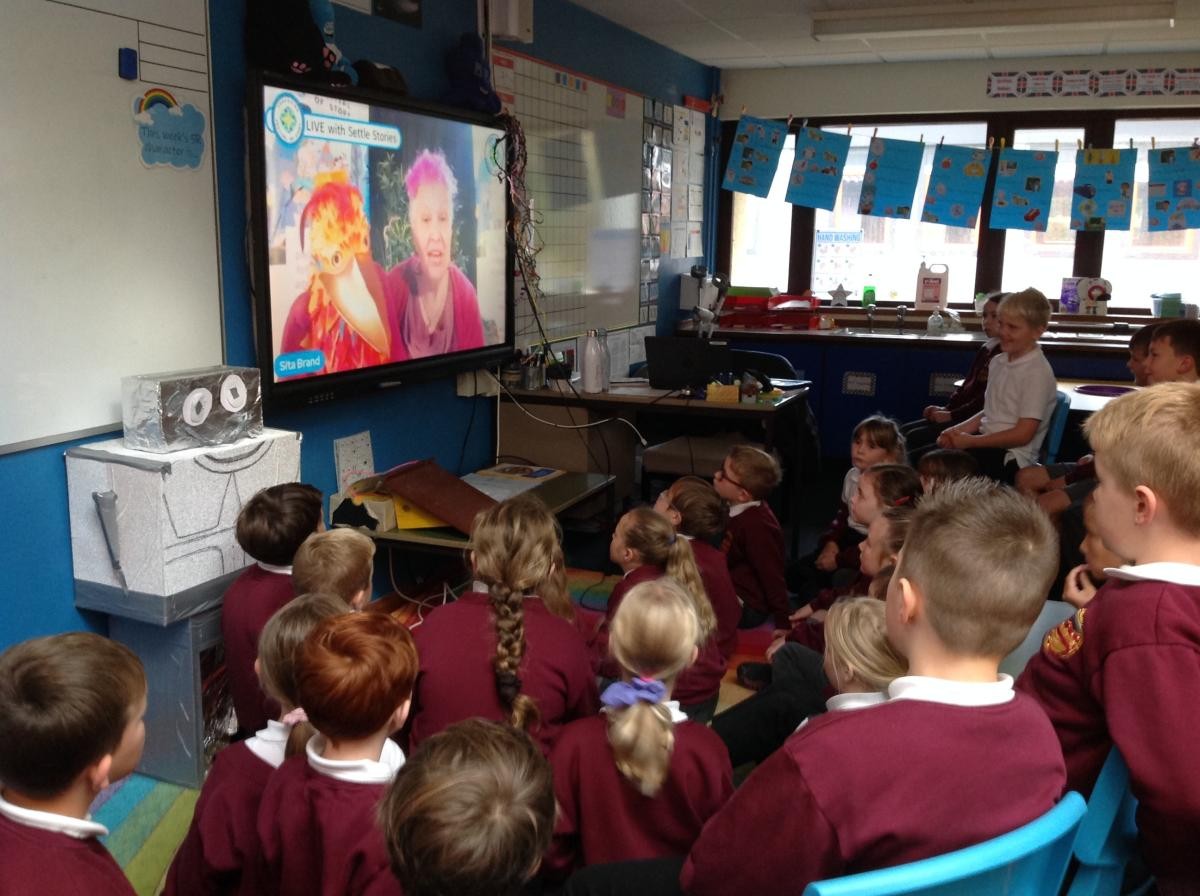
Mrs Joanne Bradbury
Assistant Headteacher, Reading, Art and Design Technology Lead
Curriculum Intent
At Heamoor School we want pupils to develop a love of reading, a good knowledge of a range of authors and be able to understand more about the world in which they live, through the knowledge they gain from books. We believe that all pupils should have the opportunity to be fluent, confident readers who are able to successfully comprehend and understand a wide range of texts. By the time children leave Heamoor they are competent readers who can recommend books to their peers, have a thirst for reading a range of genres including poetry, and participate in discussions about books, including evaluating an author’s use of language and the impact this can have on the reader.
How we provide support for the lowest 20% of readers across the school.
· We have developed sufficient expertise in the teaching of phonics and reading that ensures consistency from one year to the next. All staff and support staff had the full RWI training in September 2020.
· The lowest 20% of children are taught by their class teacher in phonics.
· The assessment of pupils’ phonics progress is sufficiently frequent and detailed to identify any pupil who is falling behind the programme’s pace, so that targeted support can be given immediately. This is done through targeted 1:1 tutoring which takes place three times a week and is run by an experienced class TA.
· Training for staff is focused on 1:1 tutoring. Our recent development day focus was to train staff who would be delivering 1:1 tutoring in phonics from Rec-Year 3. They were given training in addition to the full RWI training to give them additional skills in teaching these spotlight children. Individual records are kept for these children and assessments are used as a working document to ensure ongoing progress.
· The lowest 20% of readers in year 3 have a daily phonics session. They also have access to the RWI scheme books and have regular half-termly assessments to monitor their progress.
· Teachers give pupils sufficient practice in reading and re-reading books that match the grapheme-phoneme correspondences they know, both at school and at home. The children in the lowest 20% of readers get to read each day. Parent engagement is also monitored carefully by checking reading diaries daily.
· The group sizes are kept to a maximum of ten with less children in the lower ability groups.
· The child’s ‘partner reader’ is carefully matched for them to ensure that they have quality reading time within the phonics session.
· Teachers are aware of the lowest 20% of readers in their class and this is reviewed each term to shine a light on these spotlight children and help teachers make judgements about which interventions need to take place.
· Children in KS2 have reading interventions run by the class teachers to ensure a consistent approach to the classroom.
